
Queer Aqui: Together in Hard Times, Rio De Janeiro
Queer Aqui: Together in Hard Times (Queer Aqui: Juntos em Tempos Difíceis) focuses upon questions about the reliance of new right-wing populist regimes on homophobic, transphobic and misogynist ideologies

CSSD WG Director Talk in the UK: Human Rights in the Menstrual Movement: Reductionism and Renewed Potential from Below
Human Rights in the Menstrual Movement: Reductionism and Renewed Potential from Below

Two Day-Conference: Conception and Its Discontents: Public Humanities, Explorations in the Medical Humanities
Two Day-Conference: Conception and Its Discontents: Public Humanities, Explorations in the Medical Humanities organized by the Motherhood and Technology Working Group

From Cynegetic Power to Cryopolitics: Hypotheses on the Biopolitics of Virus Hunters
Lecture by Frédéric Keck, École des Hautes Études en Sciences Sociales co-organized by the Recovery working group.
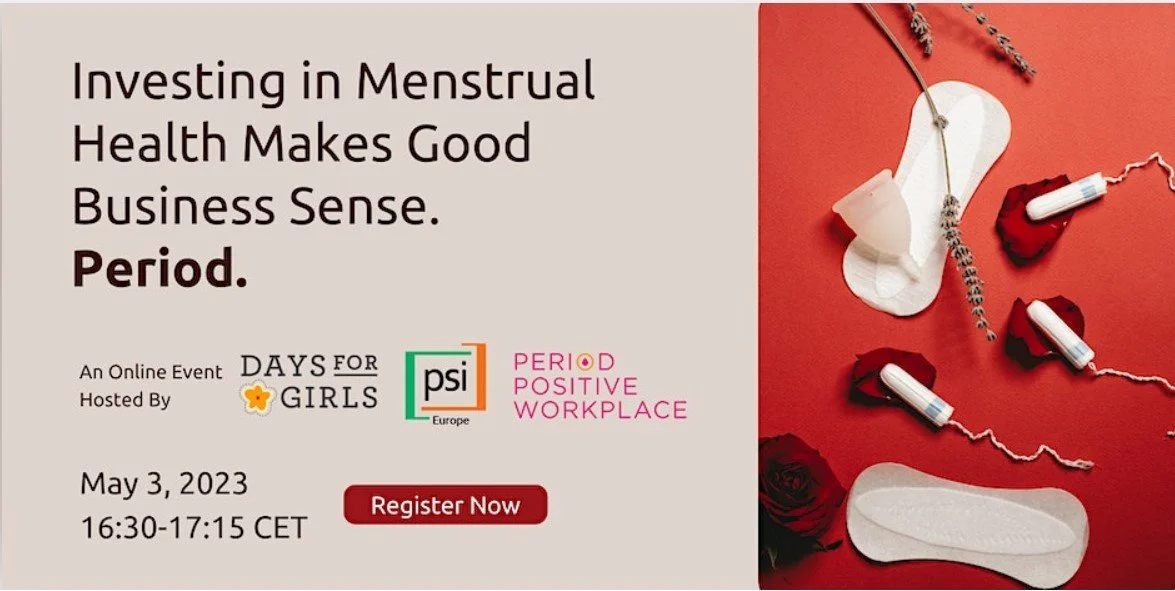
Working with your Period: Individual and Structural ways for Menstruators to Be More Productive
Menstrual Health and Gender Justice working group co-director Lauren Houghton delivered her presentation, “Working with your Period: Individual and Structural ways for menstruators to be more productive” at the PSI and Days for Girls Webinar, Investing in Menstrual Health Makes Good Business Sense. Period. There were 92 attendees from Europe, Asia and Africa.
Click here to watch the recording.
About this event
This webinar focuses on why it is beneficial to prioritize menstrual health at work. Learn how promoting menstrual health and hygiene (MHH) in the workplace can positively impact productivity, self-care, and overall well-being. Menstrual health experts will provide insights from the latest research and data, sharing best practices that can promote supportive menstrual health environments in the workplace. Don't miss this opportunity to learn why investing in menstrual health at the workplace can advance gender equity, boost employee satisfaction and retention, and improve business performance.
Speakers:
Dr. Ekua Yankah, Brands on a Mission
Dr. Lauren Houghton, Columbia University Mailman School of Public Health
Neville Okwaro, Ministry of Health WASH Hub-Kenya
Pooja Singh, General Manager – HR (Lead HR), PSI India Private Limited
Dr. Deborah Maufi, PSI Europe (Facilitator)

Cash as Technology of Motherhood: Findings from a Clinical Trial of Poverty Reduction
A growing body of small-scale studies documents that the cognitive and brain development of low-income children differs from that of children in higher-income families. At the same time, a large body of social science research has found disparities by income in measures of children’s achievement, school performance, and learning-related behaviors, such as attention and self-regulation. Developmental scientists agree that poverty is especially likely to shape children’s early development because of the high plasticity and rapid growth of the brain during the first years of life.
Baby’s First Years is the first causal study to test the connections between poverty reduction and brain development among very young children. One thousand low-income mothers and their newborns were recruited in several ethnically and geographically diverse communities. Mothers are receiving either (1) $333 each month ($4,000 each year), or (2) $20 each month ($240 each year), for the first 76 months of the children’s lives, with the first payments occurring shortly after the baby’s birth.
In her talk, "Baby's First Years: A Clinical Trial of Poverty Reduction," senior author of the study and neuroscientist Professor Kimberly Noble will discuss Baby's First Years' recent findings and their implications both for science and social policy. Professor Jane Waldfogel, Professor for the Prevention of Children’s and Youth Problems at the Columbia University School of Social Work and co-Director of the Columbia Population Research Center, will give comments.

Beyond Dystopia Roundtable
The second piece of a two-part event, the Beyond Dystopia Roundtable follows the Dry Ground Burning film screening on Friday, April 28.

Film Screening: Dry Ground Burning
This film screening is the first piece of a two-part event, and will be followed by the Beyond Dystopia Roundtable on Saturday, April 29.

Feminist Intersectional Science and Technology Studies (FISTS) Conference
Conference Panel: With and Against Technoscience in the Aftermath

Refugee Cities: Symposium on the Urban Dimensions of Forced Displacement
The Refugee Cities Working Group at the Center for the Study of Social Difference, Columbia University, presents an interdisciplinary public symposium, “Refugee Cities: Urban Dimensions of Forced Displacement.”

Conference Keynote: With and Against Technoscience in the Aftermath | Professor M. Murphy (UToronto)
Join us for our first Feminist Intersectional Science and Technology Studies Conference
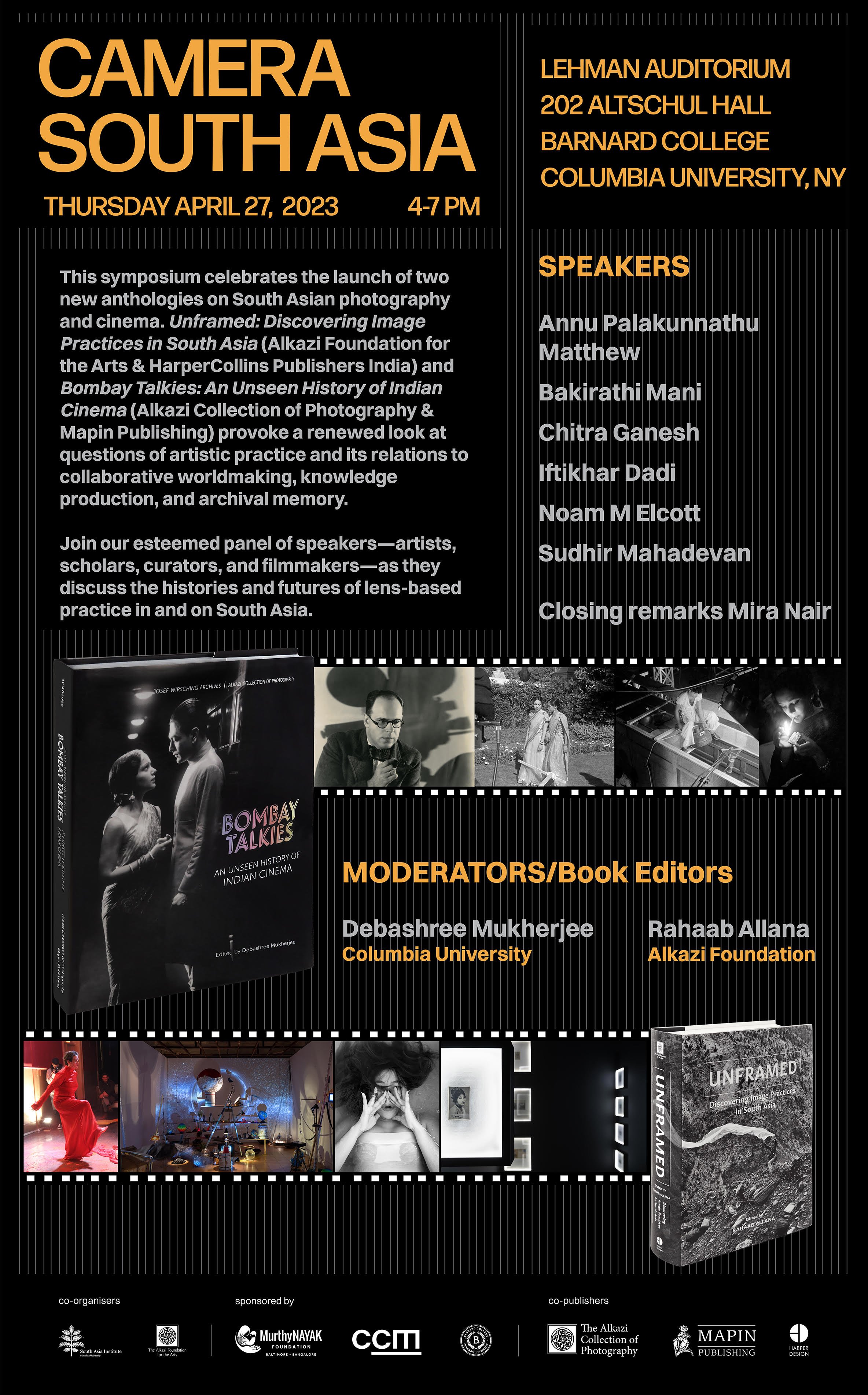
CAMERA SOUTH ASIA: A Symposium on cinema and photography
Camera South Asia celebrates the launch of two new anthologies on South Asian photography and cinema

Putting Race to Work: Neoliberal Development in the US Virgin Islands
Book Discussion: Putting Race to Work: Neoliberal Development in the US Virgin Islands
Iberian Moments II: Race/Caste in India and the Americas
Geographies of Injustice: Gender and the City will convene a symposium exploring the ongoing impact of Luso-Hispanic globality in shaping identities, social distinctions, histories of merchant and commercial capitalism, and histories of aesthetic production and performance. How were Luso-Hispanic trade relations, settlements, and intimacies constituted a critical aspect of Spanish and Portuguese colonial expansion to the Americas, Asia, and Africa? How did Portuguese presence in South Asia reshaped social structures of caste, gender, and religion, even as they set the terms by which new mixed race communities would emerge in Southeast Asia and coastal Africa? How did these processes relate to the trade in human chattel and the emergence of new extractive economies (currently referred to as racial capitalism), which resulted in an epochal geohistorical transition away from more dispersed, if complexly organized, social formations of early modernity, to enable the ideological and the economic dominance of the North Atlantic?
For more information, email adc2204@columbia.edu.

Unsilencing Slavery: A Celebration of Celia E. Naylor’s New Book
Celia E. Naylor (Professor of Africana Studies and History, Barnard College) will be joined by Natasha Lightfoot (Associate Professor of History, Columbia University) to discuss Naylor’s new book,
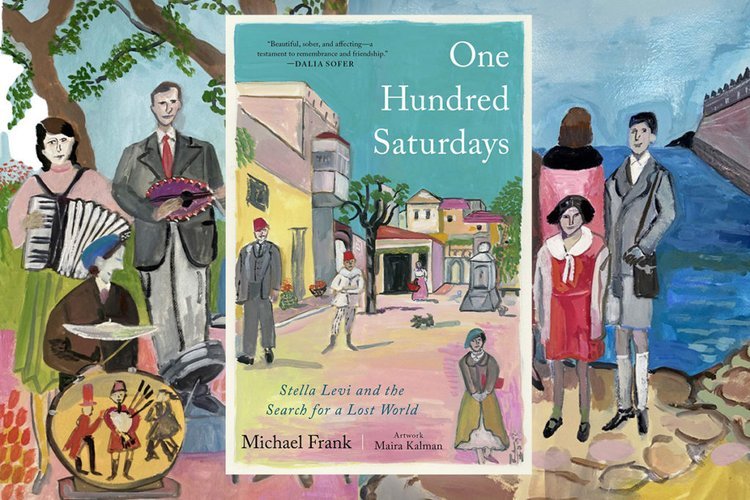
Yom HaShoah Book Talk: Michael Frank, "One Hundred Saturdays: Stella Levi and the Search for a Lost World" with Holocaust Survivor Stella Levi
Join the Institute for a book talk with Michael Frank, author of One Hundred Saturdays: Stella Levi and the Search for a Lost World, in conversation with Holocaust survivor Stella Levi. This event is in-person at IIJS.
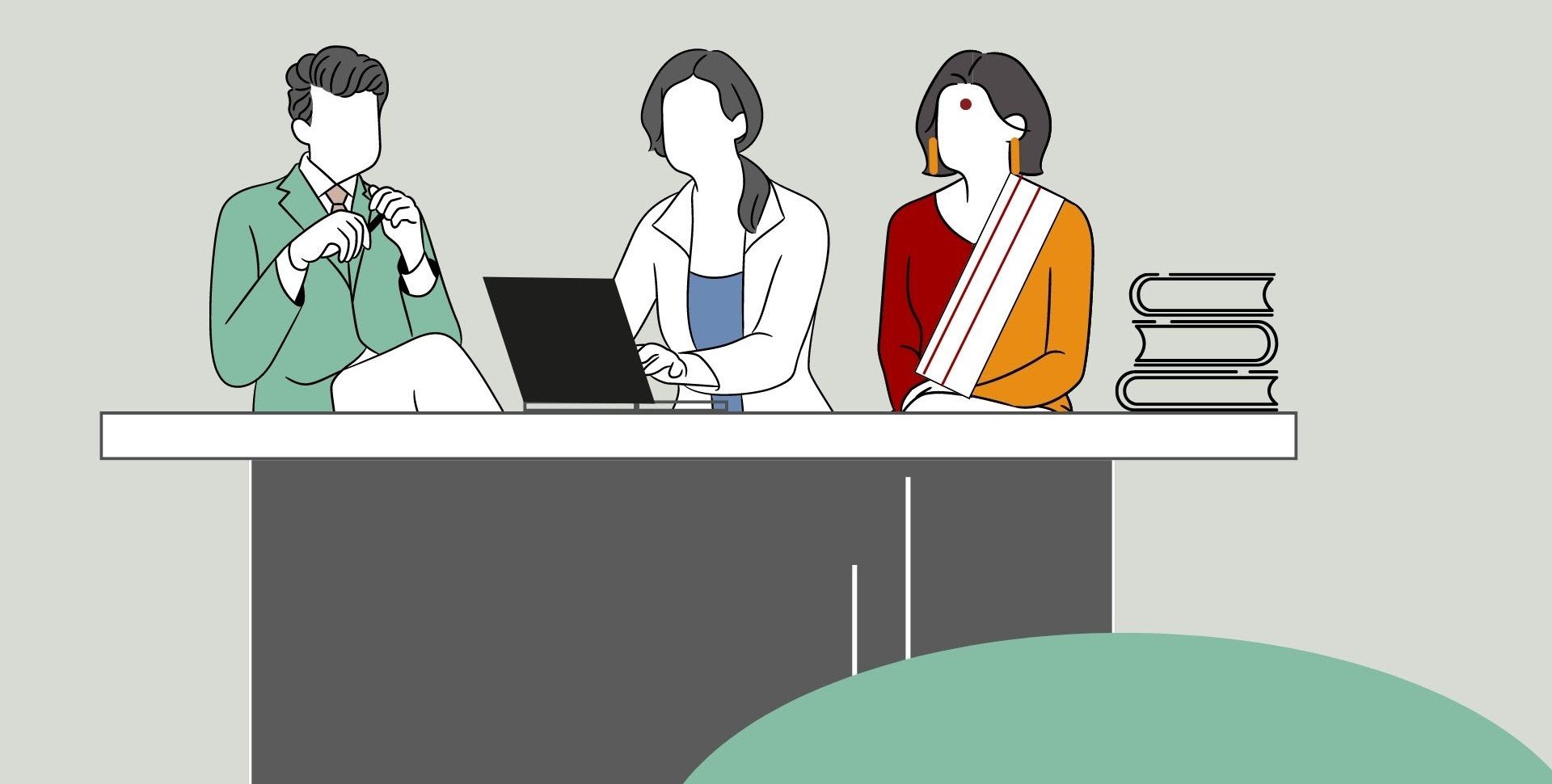
Resources for Research on Menstrual Health: Proposal Writing, Research Design, Funding Access
As part of its Period of Life: Improving Menstrual Health and Knowledge in India project, Columbia Global Centers | Mumbai is organizing a virtual workshop

What We Could Do: The Zip Code Memory Project in Conversation with Related NYC Pandemic Initiatives
Please join us as we wrap up and reflect on our project and meet related New York City Pandemic Initiatives.

WORKSHOP: SPOKEN CINEMA: VOICES, SOUNDS & IMAGES
WORKSHOP: Love in the Time of Hypercapitalism

ARTIST TALK: SPOKEN CINEMA: VOICES, SOUNDS & IMAGE
Artist Talk with Paromita Vohra: Gardens of Pleasure Feminism, Desire and Doing Documentary Work in (for) South Asia
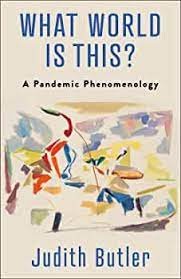
What World Is This? An Afternoon discussion with philosopher Judith Butler about the pandemic, our shared vulnerability and how to repair forward.
What World Is This? An Afternoon discussion with philosopher Judith Butler about the pandemic, our shared vulnerability and how to repair forward.
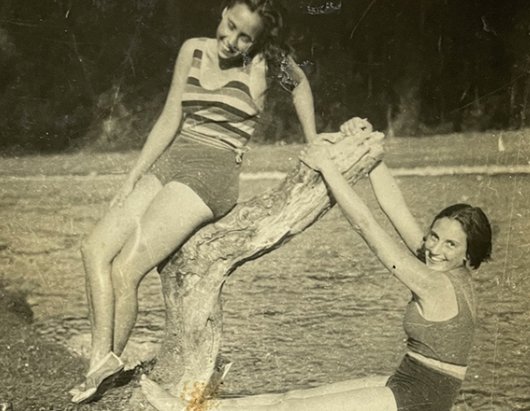
Jewish Female Mental–Health Professionals between Poland, the Nazis, and America: Memory, History, and Interpretation
Jewish Female Mental–Health Professionals between Poland, the Nazis, and America: Memory, History, and Interpretation

Screening: Together, Not Alone | Queens World Film Festival
Join us for local screenings of the documentary TOGETHER, NOT ALONE, accompanied by Covid stories in the form of short films, oral history video projects, commissioned micro-docs and photo journalism from the front-lines of the five boroughs. With gratitude, we will serve food from local restaurants that fed the community during the worst of the Covid-19 lockdown.

Screening and Roundtable: Together, Not Alone
Join us for local screenings of the documentary TOGETHER, NOT ALONE, accompanied by Covid stories in the form of short films, oral history video projects, commissioned micro-docs and photo journalism from the front-lines of the five boroughs. With gratitude, we will serve food from local restaurants that fed the community during the worst of the Covid-19 lockdown.

COVID Three Years Later: Together Not Alone
Please join the ZCMP to mark the third anniversary of the Covid-19 pandemic at a special event at the Museum of the City of New York, featuring a screening, roundtable, and day-long performance centered around the uptown New York City premiere of the Zip Code Memory Project film, Together, Not Alone.
Register Here to reserve a spot. Please use the main Fifth Avenue entrance for "Talk to the Future," followed by the film. If you are only attending the film and discussion, use the 104th St entrance between Fifth and Madison. You can enter for free with our pre-registration.
3:00 PM — 4:30 PM
Uptown New York City premiere of Together, Not Alone, panel discussion and refreshments
Together, Not Alone, 2022, a short film directed by Gabriella Canal and Judith Helfand, shows how a group of strangers from across three New York City neighborhoods—different ages, races, socio-economic backgrounds, work, and life experiences – come together after months of Covid-19 isolation to explore, map, paint, shape, recall and bear witness to each other’s zip code-determined struggles and imagine justice and repair.
Panel discussion What Have We Learned and Can We Do Better? with Judith Helfand and Gabriela Canal, filmmakers; Nancy Ko, Columbia student; Marie Nazon, social worker, CCNY; and Marianne Hirsch, Project Co-Director.
11:30 AM — 3:00 PM
Talk to the future – A durational participatory performance with Maria José Contreras
The artist invites visitors to step into an imagined time capsule and respond to the question: “What should future generations know about Covid?” Contreras listens carefully to participants and then inscribes their words verbatim on the time capsule.
Talk to the Future, photo by Diana Taylor
This event is co-sponsored by the Society of Senior Scholars at the Heyman Center for the Humanities at Columbia University.

Iberian Moments: Race/Caste in India and the Americas
Geographies of Injustice: Gender and the City will convene a symposium exploring the ongoing impact of Luso-Hispanic globality in shaping identities, social distinctions, histories of merchant and commercial capitalism, and histories of aesthetic production and performance. How were Luso-Hispanic trade relations, settlements, and intimacies constituted a critical aspect of Spanish and Portuguese colonial expansion to the Americas, Asia, and Africa? How did Portuguese presence in South Asia reshaped social structures of caste, gender, and religion, even as they set the terms by which new mixed race communities would emerge in Southeast Asia and coastal Africa? How did these processes relate to the trade in human chattel and the emergence of new extractive economies (currently referred to as racial capitalism), which resulted in an epochal geohistorical transition away from more dispersed, if complexly organized, social formations of early modernity, to enable the ideological and the economic dominance of the North Atlantic?
Coffee and pastries will be available. Click here to view the full program.
For more information, email adc2204@columbia.edu.

ECS Memorial Lecture: Revisioning and Unsettling Colonial Enclosure
Thursday, December 1st
4:00PM - 5:30PM
Light Reception to Follow
East Gallery, Buell Hall (515 W. 116th St.)
RSVP requested: https://dec1ECSLecture.eventbrite.com
This talk will examine the ways in which art and poetic practices can revision our spaces and provide new anti-colonial tools. Rethinking colonial spatial philosophies must include our mind’s eye so that we can reimagine a just world. Settler environmental control is often invisible in its scaffolding of power—by revisioning we expose its superstructure, and hopefully build new sightlines which account for colonial and racial injustice. Here, Goeman will explore the work of video poems, or “poemeos”, as Heid Erdrich calls them, and speak to the various role of artist and poets to create new avenues that structure healthier relationships.
Seating is available on a first-come first-served basis, RSVPs do not guarantee admission. All attendees must show either a CU/BC ID (affiliates) or vaccination record (non-affiliate) for entry to the event.
Co-Presented with Columbia University Division of the Humanities, the Office of the Vice Provost for Faculty Advancement, the Center for the Study of Social Difference, the Center for the Study of Ethnicity and Race, the Department of Anthropology at Columbia University, the Department of American Studies at Barnard College, and the Society of Fellows and Heyman Center for the Humanities at Columbia University
Contact Information
Columbia U ISSG

Website as Archive for the Public Humanities
This workshop explores Zip Code Memory Project’s current undertaking: creating an accessible, enduring website that collates, showcases, and sustains the highs and lows of the last three years.
More often than not, sharing public humanities projects with larger audiences depends on the distribution and preservation of information online. And yet, when looking to memorialize these projects for future cohorts and community members, how should publics imagine the design and role of the website itself? In the Zip Code Memory Project’s final active year, the objectives are not only to continue the larger, outstanding effort of remembering COVID-19, but to memorialize ZCMP itself.
Note: The event will be held over Zoom
Workshop Leader
Meg Jianing Zhang (PhD Student, Department of English and Comparative Literature)
Lex Taylor (Guest, ZCMP Web Design and Development)
Project: Zip Code Memory Project
The Zip Code Memory Project (ZCMP) seeks to find community-based ways to memorialize the devastating losses resulting from the Coronavirus pandemic while also acknowledging its radically differential effects on Upper New York City neighborhoods. Through a series of art-based workshops, public events, social media platforms, and a performance/exhibition at the Cathedral of St John the Divine, community members re-imagine zip codes not as zones of separation, but as interrelated spaces for connectivity and mutual care.
This workshop is presented as part of the Public Humanities Skills Workshops, a series of sessions that connect graduate fellows and the public with skills, methods, and strategies to engage in the interdisciplinary field of the Public Humanities. These workshops are hosted by the Public Humanities Initiative and open to all. Advanced registration is required.
Please email disability@columbia.edu to request disability accommodations. Advance notice is necessary to arrange for some accessibility needs.

Covid: What Now? Roundtable
Speakers: Judith Helfand, Marie Nazon, Sarah Senk
Moderated by Mikhal Dekel
The Covid pandemic is diminished, and we are back in classrooms, workplaces, restaurants and social places. But who is left behind? What is still owed to those who lost their lives?

Chronic Life Roundtable: Can We Go the Distance With the Virus?
CHRONIC LIFE: CAN WE GO THE DISTANCE WITH THE VIRUS?
A Roundtable Webinar with Alexandra Juhasz, Theodore Kerr, Lorie Novak, & Meghan O’Rourke
Moderated by Laura Wexler and Eilin Perez
Tuesday, September 27, 4:00 – 5:30 PM ET
The pandemic is far from over, vaccination is imperfect, long-covid is a significant threat, politics plays hardball with our lives, we are underprepared for the horizon of other viruses, consequences are vastly unequally distributed, and we are likely to be anxious, in denial, and puzzled about how best to respond. In this Roundtable, four prominent artists and scholars will present art and organizing strategies drawn from lived experience with chronic illness, community activism, and the personal and political demands long-hauling presents.
Videomaker and scholar Alexandra Juhasz and writer Theodore Kerr, co-authors of a new book, We Are Having This Conversation Now: The Times of AIDS Cultural Production, will discuss the necessarily multiple time frames of long-time HIV/AIDS activism.
Artist Lorie Novak will share and discuss Migraine Register, her durational photographic commitment to making visible the significant impact of this chronic and pervasive but invisible condition.
Writer Meghan O’Rourke, Editor of The Yale Review and author of the New York Times bestselling memoir, The Invisible Kingdom: Reimagining Chronic Illness will consider the challenge of narrating auto-immune and other poorly understood illness when no coherent story readily appears.
Moderated by historian Laura Wexler, Charles H. Farnam Professor of American Studies and Women’s, Gender & Sexuality Studies at Yale University and Co-chair of Yale Public Humanities, and Eilin Perez, Postdoctoral Associate, Department of History and Yale Public Humanities.
Sponsored by The Henry R. Luce Foundation, The ZipCode Memory Project , Center for the Study of Social Difference and the Society of Fellows/Heymann Center for the Humanities at Columbia University, and Yale Public Humanities.

